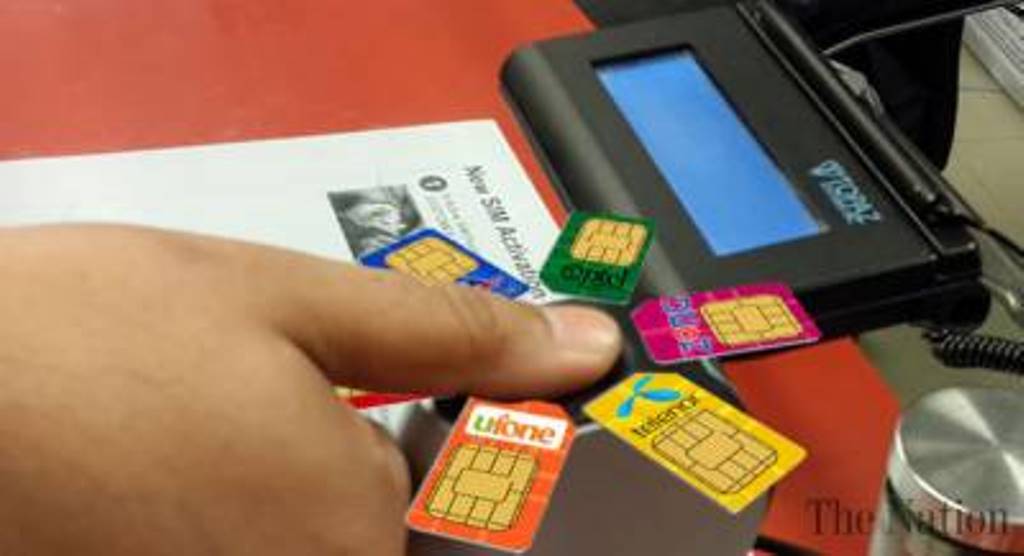BIOMETRIC registration of SIM card should be viewed as a crucial mechanism in the delivery of services in a more efficient and economical manner countrywide.
The Regional Manager for East and Southern Africa’s global credit and risk management solution CreditInfo Group, Mr Kamau Kunyiha observed this on Thursday in an exclusive interview with the ‘Daily News’ during his first day at their Dar es Salaam based office.
According to him, customer identification is key in the delivery of services, if people cannot identify a person separate from other people it becomes very difficult to provide them with services more efficiently.
“It means that services can only be provided if only people would physically appear. The world is changing, likewise technology is taking shape. Based on technology, the customer’s information the communication companies hold could then be used to deliver services quickly and efficiently,” said Mr Kunyiha.
He disclosed that through an automated process it enables service providers to learn of their customers and abilities.
Among other disadvantage includes the kind of operations which involves lining up in long queues to acquire services which would have been delivered in a much easier way could there have been a database to identify people from other persons.
“People need to start looking at things from a great good, operators are able to deliver services more efficiently…why should it be stopped while the idea is to services people in a more efficient and economical manner”.
He cited an example of Kenya whereby having a way of identifying individuals helped the growth of mobile money in Kenya.
He said that “before mobile money came in Kenya, considering there we have got a national identity card you had to go to the bank to apply and you would be asked for collaterals among other requirements, thus credit facilities were limited for only a few individuals.
“But, when the system was introduced the mobile network would simply identify the individual because of acquiring the identification cards.”
He, however, noted that it became easy for the banks to see how much an individual was receiving and sending via their phones and start lending to the individuals using the same media.
All of a sudden 12 million people were available to facilities that had not gotten visibility before.
Thus, it’s good for people to understand that the information could also be used by other lenders to determine if a client or customer is good for borrowing.
Through the mobile phone, telcos or credit facilities are lending money to the people whom they cannot see physically, they need some sort of mechanisms to be able to understand whether the person qualifies for the loan or not.
“People should understand just because they did not interact physically with the lenders they can default without being caught…they need to repay because their information is being shared and used by other lenders to determine whether they are fit for the other loans. “It could end up spoiling for you because there is going to be a time you real need the money but you will not be in a position to acquire it,” he noted.




